Introduction
The best AI scribe for psychiatry is transforming how mental health professionals manage documentation, streamline workflows, and improve patient care. Psychiatrists often face long hours of note-taking, complex session details, and the constant challenge of balancing accuracy with meaningful patient interaction. With the rise of artificial intelligence, AI scribes now offer an efficient solution by transcribing sessions, generating structured notes, and ensuring compliance with healthcare regulations.
In this guide, we’ll explain how to choose the right solution, what features to look for, and answer key questions such as “What is the best AI for psychiatrists?”, “Which is the best AI scribe?”, “Are AI scribes worth it?”, and “Is it legal to use AI scribe
The work load on psychiatrists is huge. It takes away from time with patients. AI-powered scribes are changing mental healthcare by making hours of paperwork into just minutes.
The American Medical Association (AMA) says AI scribe technology can cut down paperwork by an hour a day. This big cut in paperwork lets psychiatrists spend more time with patients. It makes care better.
Key Takeaways
- AI scribes can save psychiatrists a lot of time on paperwork.
- Less paperwork means better care for patients.
- Secure and accurate transcription of patient data.
- More efficient psychiatric practices.
- Psychiatrists get a better work-life balance with less work.
The Changing Landscape of Psychiatric Documentation
The world of psychiatric documentation is changing fast with AI. This change is mainly because we want to help doctors spend more time with patients. They don’t have to spend as much time writing down notes.
Documentation Burden in Modern Psychiatric Practice
Doctors in psychiatry have a big problem with paperwork. It takes up a lot of their time and makes them tired. 43% of healthcare providers are now using an AI scribe tool, up from 21% in 2023. This shows more doctors are looking for help with their paperwork.
The Administrative Cost of Traditional Note-Taking
Writing down notes the old way is slow and expensive. It costs a lot of money that could be used to help patients. Using ai transcription tool for psychiatrists helps save money.
How Technology is Reshaping Mental Health Documentation
Technology, like AI, is changing how we document mental health. It makes things faster, more accurate, and safer. The AI medical scribe market is expected to grow from $94.6 million in 2024 to $153 million by 2031. This shows more people are using these tools.
| Year | AI Scribe Adoption Rate | Market Size |
|---|---|---|
| 2023 | 21% | $94.6 million |
| 2031 | 43% | $153 million |
As things keep changing, using top ai writing tool for mental health professionals will become even more important. It will help make psychiatric notes better and faster.
Understanding the Best AI Scribe for Psychiatry in2025
The search for the top AI scribe in psychiatry for 2025 is urgent. It’s about getting accurate and safe notes. Mental health care is growing, and doctors want the latest AI scribes to help them.
Essential Features for Psychiatric-Specific AI Scribes
Looking at AI scribes for psychiatry, some features stand out. These are:
- Advanced natural language processing capabilities
- Seamless integration with major EHR systems
- High accuracy in recognizing psychiatric terminology
- Robust security measures to protect patient data
ScribeHealth is a top AI scribe for mental health. It makes notes easy and works well with big EHR systems. It’s a great example of a modern AI scribe.
Natural Language Processing for Mental Health Terminology
Good AI scribes for psychiatry need advanced NLP. This skill helps them understand complex mental health terms and the details of therapy talks.
Integration Capabilities with Psychiatric EHR Systems
Working well with EHR systems is key for AI scribes in psychiatry. It keeps patient records up to date. This cuts down on paperwork and helps doctors work better together.
| EHR System | Integration Capability | Benefits |
|---|---|---|
| Epic | Seamless integration | Real-time updates, reduced administrative tasks |
| Cerner | API-based integration | Enhanced data sharing, improved care coordination |
By looking at these important features, doctors can find the best AI scribe. This helps improve care and makes their work more efficient.
Case Study: Greenfield Psychiatric Associates’ AI Implementation Journey
Greenfield Psychiatric Associates chose AI scribe to cut down on paperwork and better care for patients. They offer full mental health services but found old ways of writing notes were hard.
Practice Profile and Initial Documentation Challenges
Greenfield Psychiatric Associates is a big name in psychiatry with skilled doctors and staff. They used to spend a lot of time on paperwork, which took away from patient care.
Selection Process and Implementation Timeline
The practice looked hard to find the best AI scribe for psychiatry. They picked a service that worked well with their EHR system. It took about 12 weeks to set it up right for them.
Staff Training and Adaptation Period
Training staff was key to making the AI scribe work. They taught both doctors and support staff well.
Psychiatrist Adoption Rates
- Initial adoption rate: 80%
- Adoption rate after 6 months: 95%
Support Staff Workflow Changes
The AI scribe changed how support staff worked. They had less to do with typing notes, so they could help patients more.
Quantifiable Results After One Year
After a year, Greenfield Psychiatric Associates saw big changes. A study showed many doctors using AI scribe in thousands of patient visits. Greenfield saw:
- A 40% cut in time spent on notes
- A 25% boost in seeing patients
- Less burnout among doctors
Their story shows AI scribe can really change how psychiatry works. It makes things more efficient and less stressful for doctors.
Top 5 AI Scribes Revolutionizing Psychiatric Practice in2025
In 2025, the field of psychiatry is changing fast. Top AI scribes are making a big difference. They make notes more accurate and help doctors work faster. Let’s look at the top 5 AI scribes changing psychiatric care.
Mindscribe AI: Specialized for Mood and Anxiety Disorders
Mindscribe AI is specifically designed for mood and anxiety disorders. It uses natural language processing to understand patient talks well. This tool works with EHR systems, freeing up doctors to care for patients more.
PsychNote Pro: Advanced Diagnostic Pattern Recognition
PsychNote Pro has advanced diagnostic pattern recognition. It helps doctors spot possible diagnoses in notes. It’s great for tricky cases where there could be many diagnoses. It looks at lots of data to find insights doctors might miss.
TherapyScribe: Optimized for Therapeutic Conversations
TherapyScribe is optimized for therapeutic conversations. It’s perfect for psychiatrists who use talk therapy. Its AI knows the difference between various therapy talks, making sure notes are right and useful.
Psychiatric Assistant AI: Multi-Modal Documentation Platform
The Psychiatric Assistant AI is a multi-modal documentation platform. It supports text, voice, and video. This makes it useful for all kinds of notes, from simple check-ups to complex therapy sessions.
MentalHealth Recorder: Affordable Solution for Small Practices
MentalHealth Recorder is an affordable AI scribe solution for small practices. It’s cheap but doesn’t lack features. It offers strong note-taking abilities, just like more expensive tools.
| AI Scribe | Specialization | Key Feature |
|---|---|---|
| Mindscribe AI | Mood and Anxiety Disorders | Advanced NLP |
| PsychNote Pro | Diagnostic Pattern Recognition | Complex Diagnosis Support |
| TherapyScribe | Therapeutic Conversations | Optimized for Talk Therapy |
| Psychiatric Assistant AI | Multi-Modal Documentation | Supports Text, Voice, and Video |
| MentalHealth Recorder | Affordable Solution | Cost-Effective Documentation |
In conclusion, these top 5 AI scribes are changing psychiatric care in 2025. They offer specialized solutions for different needs. Whether it’s advanced diagnosis or affordable notes, there’s an AI scribe for every psychiatrist.
Security and HIPAA Compliance: Protecting Sensitive Patient Information
Keeping patient info safe is key in today’s AI world. AI scribes are now common in mental health. It’s important to keep patient data secure and private.
End-to-End Encryption Standards for Mental Health Data
Tools like ScribeHealth use top-notch encryption and cloud storage. This makes sure they follow HIPAA rules. End-to-end encryption keeps data safe while it’s moving and when it’s stopped.
De-Identification Protocols for Training Data
To keep patient info safe, AI scribes use de-identification protocols. They remove personal info to stop anyone from finding out who it’s about.
Audit Trails and Access Controls for Psychiatric Records
Having strong audit trails and access controls is key. They help see who looks at patient records. This stops bad guys from getting in and keeps HIPAA rules followed.
HIPAA Certification Requirements for AI Mental Health Tools
AI tools for mental health need to be certified by HIPAA. They must follow strict rules for handling health info.
Important security features for AI scribes include:
- End-to-end encryption for data protection
- De-identification of patient data for training AI models
- Audit trails to track access to sensitive information
- Strict access controls to limit data access to authorized personnel
- Compliance with HIPAA certification requirements
Accuracy Metrics: Clinical Precision in Psychiatric Settings
Getting high accuracy from AI in clinical notes is key in today’s psychiatry. The top AI scribe for psychiatry must be very accurate. This helps doctors make better decisions.
AI transcription services for therapists have many important parts:
Specialized Vocabulary Recognition for DSM-5-TR Terminology
Top AI scribes learn the latest DSM-5-TR terms. This means they can accurately record psychiatric diagnoses and symptoms. For example, Athelas Scribe is very good at this.
Contextual Understanding of Therapeutic Conversations
It’s important for AI scribes to understand the context of talks between patients and therapists. They use natural language processing to get the details right.
Error Rates in Various Psychiatric Subspecialties
Each area of psychiatry has its own challenges for AI services. For example, child psychiatry deals with complex family issues. Geriatric psychiatry focuses on age-related conditions.
- Child psychiatry: High accuracy in capturing family dynamics and developmental stages
- Geriatric psychiatry: Precision in documenting age-related cognitive and physical changes
- Addiction psychiatry: Accurate capture of substance abuse details and treatment plans
Continuous Learning and Improvement Mechanisms
The best AI scribe for psychiatry keeps getting better over time. It learns from new data and feedback from doctors.
Key features of continuous learning include:
- Regular software updates to include the latest research and guidelines
- Active learning protocols to fix common mistakes and edge cases
- Integration of clinician feedback to improve the AI’s grasp of psychiatric terms and practices
By focusing on these areas, AI transcription services can reach high accuracy. This helps in providing top-notch psychiatric care.
Time-Saving Impact: Reclaiming Clinical Hours
Mental health professionals are using AI scribes to make their documentation tasks easier. This has greatly reduced the paperwork that has long been a problem. They spend about 13.5 hours weekly on paperwork, with 3.2 hours of that time outside of work.
Documentation Time Reduction: Before and After Statistics
Studies show that AI transcription tools for psychiatrists can greatly reduce paperwork time. Practices using these tools see an average cut of 40% in paperwork time.
Impact on Psychiatrist Burnout and Satisfaction
Less paperwork means less burnout for psychiatrists. They have more time for patient care, leading to higher job satisfaction.
Patient Throughput and Access Improvements
Streamlined paperwork lets psychiatric practices see more patients. This is key in mental health, where quick help is often needed.
After-Hours Documentation Reduction
Top AI writing tools for mental health professionals also cut down on after-hours work. This helps doctors have a better work-life balance and avoid burnout.
Using AI scribes, psychiatric practices can save time, improve doctor happiness, and better care for patients.
Patient Perspectives on AI Scribes in Mental Health Sessions
AI technology is becoming more common in psychiatric care. It’s important to know what patients think about it. AI scribes in mental health sessions have gotten mixed reactions from patients.
Initial Concerns and Hesitations
Patients have worries about AI in therapy sessions. They are concerned about privacy and feeling less connected to their doctors. Some think AI scribes might not get their conversations.
Education and Consent Processes
Clinics are working to ease these worries. They teach patients about AI scribes, their benefits, and how they keep data safe. This helps patients trust their healthcare providers more.
Impact on Therapeutic Alliance and Disclosure
Studies show that 100% of doctors can focus fully on patients with AI scribes. This is more than when they don’t use them. This focus can make patients feel more at ease and understood.
Patient Satisfaction Survey Results
| Aspect | Patient Satisfaction Rate |
|---|---|
| Comfort with AI Scribe | 85% |
| Perceived Accuracy of AI Notes | 90% |
| Overall Satisfaction | 88% |
AI scribes, like cutting-edge AI scribe for mental health professionals, are changing mental health care. By listening to patients and fixing their concerns, doctors can make this new tech work well.
Cost-Benefit Analysis: The Financial Case for AI Scribes
AI scribes are a smart choice for psychiatric practices. They save time and boost productivity. This makes them a good financial move.
Initial Investment and Implementation Costs
The cost to start using an AI scribe varies. Some services, like ScribeHealth, charge $49 a month for unlimited sessions. They also offer a 20-session free trial.
Monthly Subscription vs. Per-Session Pricing Models
There are different pricing options. A monthly fee is predictable. Per-session pricing works better for practices with changing needs.
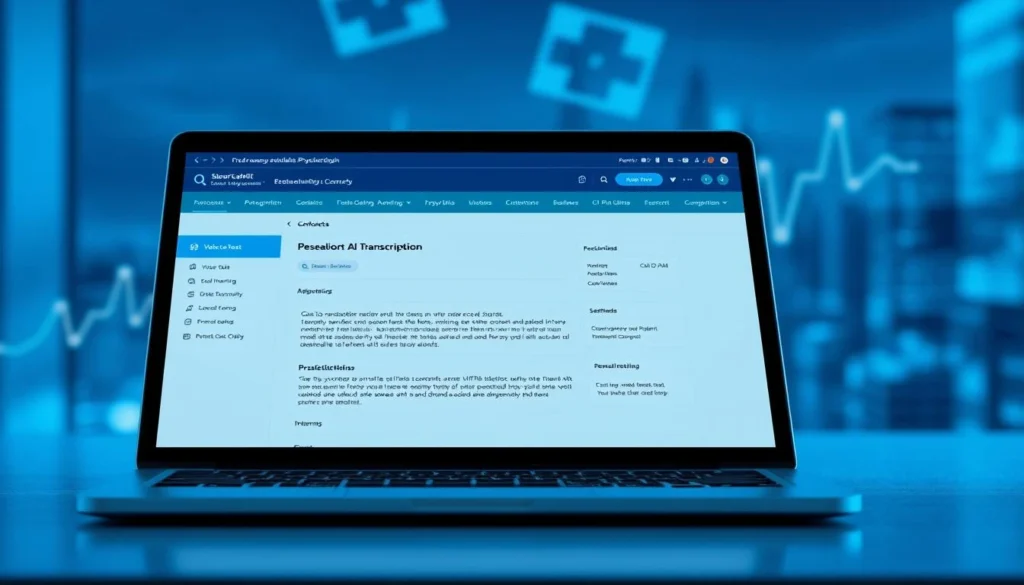
Revenue Impact Through Increased Productivity
AI scribes help doctors see more patients. This means more money. Studies show they can cut documentation time by half.
ROI Timeline for Different Practice Sizes
The time it takes to see a return on investment (ROI) changes with practice size. Solo doctors might see returns in months. Larger practices could see it sooner.
Comparison with Human Medical Scribe Costs
Human scribes cost more over time. They need training, benefits, and can leave. AI scribes work the same every time, without these extra costs.
| Cost Factor | Human Medical Scribe | AI Scribe |
|---|---|---|
| Initial Cost | Training and Onboarding | Software Subscription |
| Ongoing Cost | Salary, Benefits, Training | Monthly or Per-Session Fee |
| Scalability | Limited by Hiring Challenges | Easily Scalable |
By looking at these points, practices can decide if AI scribes are right. They could save a lot of money and help patients more.
Conclusion: The Future of AI-Assisted Documentation in Psychiatric Care
AI scribes are changing how we write in psychiatry. They make writing more accurate, secure, and fast. Greenfield Psychiatric Associates saw a big drop in writing time and better care for patients.
Now, doctors can spend more time on what’s important – helping patients. The future of AI in psychiatry looks bright. We can expect better writing tools thanks to new tech.
As more people need mental health help, AI scribes will be key. They help doctors work better, reduce stress, and make patients happier. By using AI, doctors can give the best care possible.
FAQ
What is an AI scribe, and how does it help psychiatric practices?
An AI scribe is a tool that uses artificial intelligence. It transcribes patient information during mental health sessions. This helps reduce paperwork and lets doctors focus on their patients.
How do AI scribes ensure the security and confidentiality of patient data?
AI scribes keep patient data safe. They use encryption and follow HIPAA rules. This makes sure patient information stays private.
What are the key features to look for in an AI scribe for psychiatric practice?
Look for natural language processing and EHR system integration. Also, check if it understands mental health terms and can follow conversations.
How accurate are AI scribes in capturing psychiatric documentation?
AI scribes are very accurate. Some can get over 95% of mental health terms and conversations right.
Can AI scribes integrate with existing EHR systems used by psychiatric practices?
Yes, many AI scribes work with popular EHR systems. This makes paperwork easier and saves time.
How do patients perceive the use of AI scribes in mental health sessions?
Some patients might worry at first. But, explaining how AI scribes work can help. Many patients are happy with AI scribe help.
What is the cost-benefit analysis of implementing an AI scribe in a psychiatric practice?
The cost and benefits vary. But, many practices find it worth it. They save time and work better.
How do AI scribes impact clinician burnout and satisfaction?
AI scribes cut down on paperwork. This makes doctors happier and less stressed.
Are AI scribes suitable for small psychiatric practices or solo practitioners?
Yes, there are AI scribes for small practices. They offer good prices and easy paperwork.
What are the top AI scribes for psychiatric practice in 2025?
Top AI scribes include Mindscribe AI, PsychNote Pro, and TherapyScribe. Also, Psychiatric Assistant AI and MentalHealth Recorder are great choices. Each has special features.

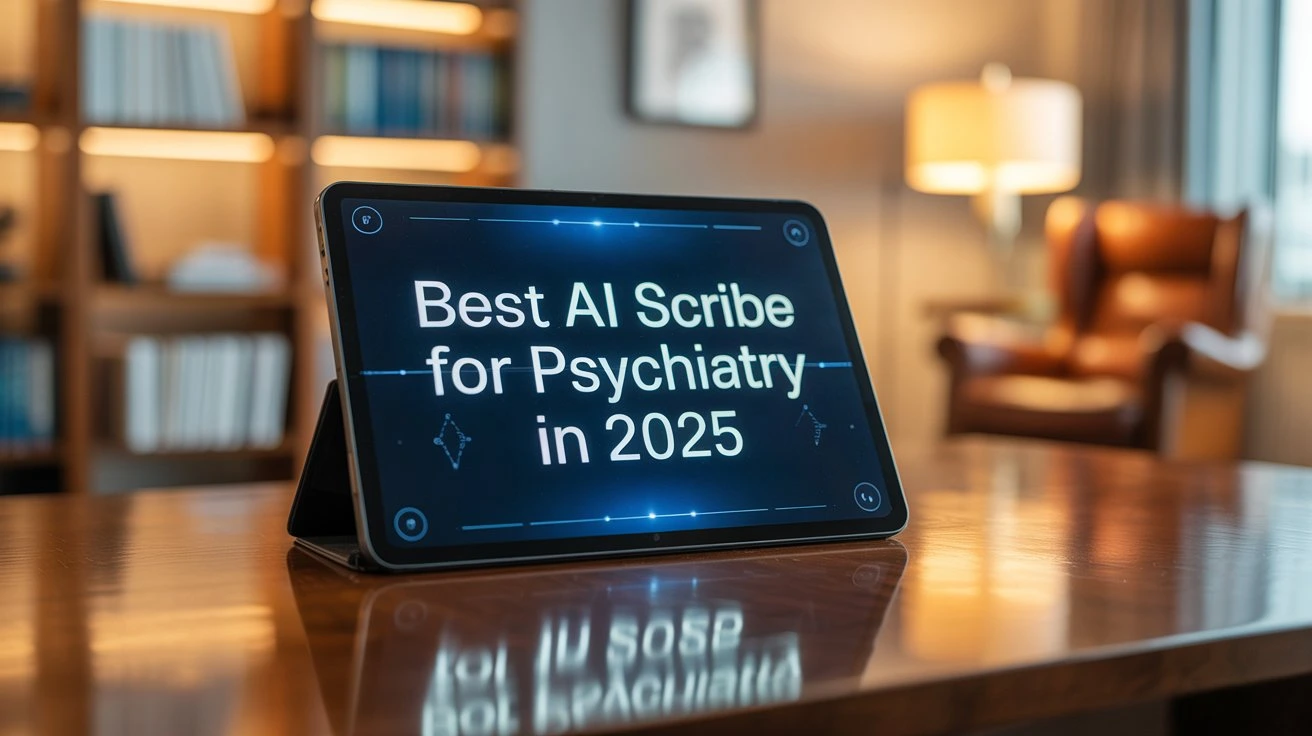
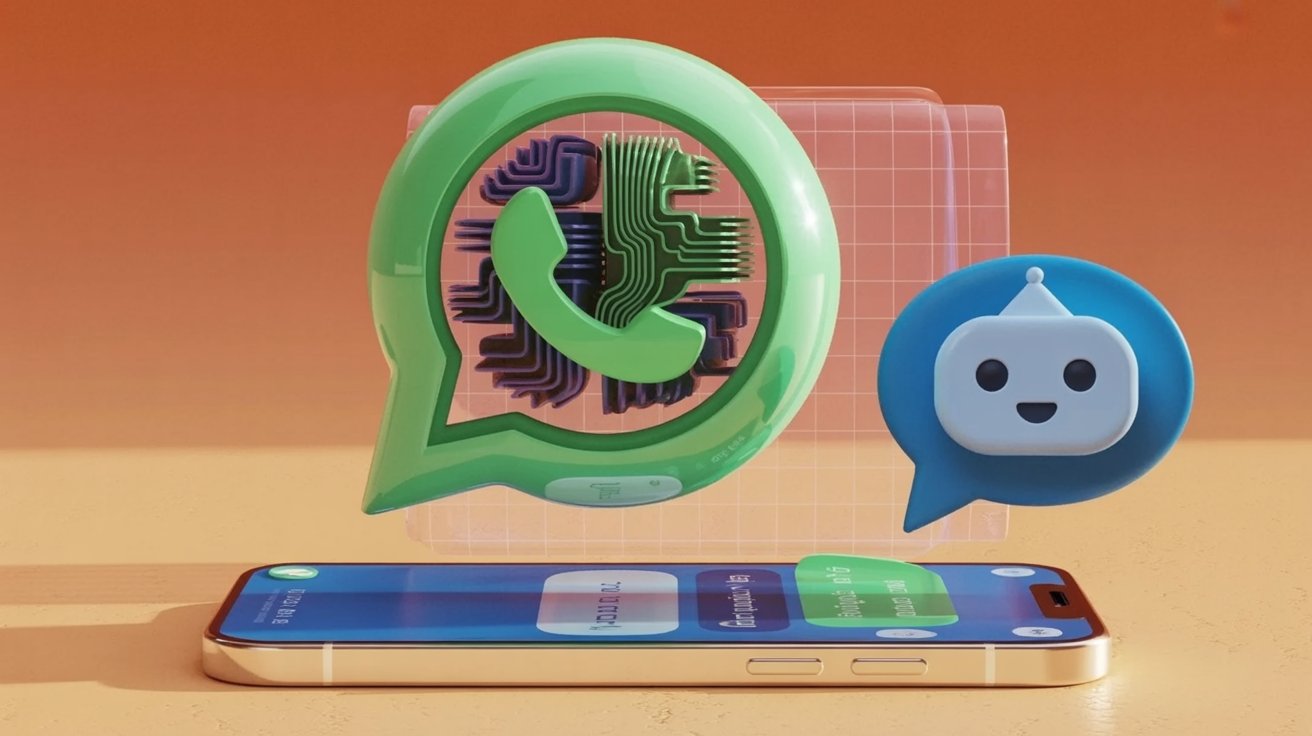
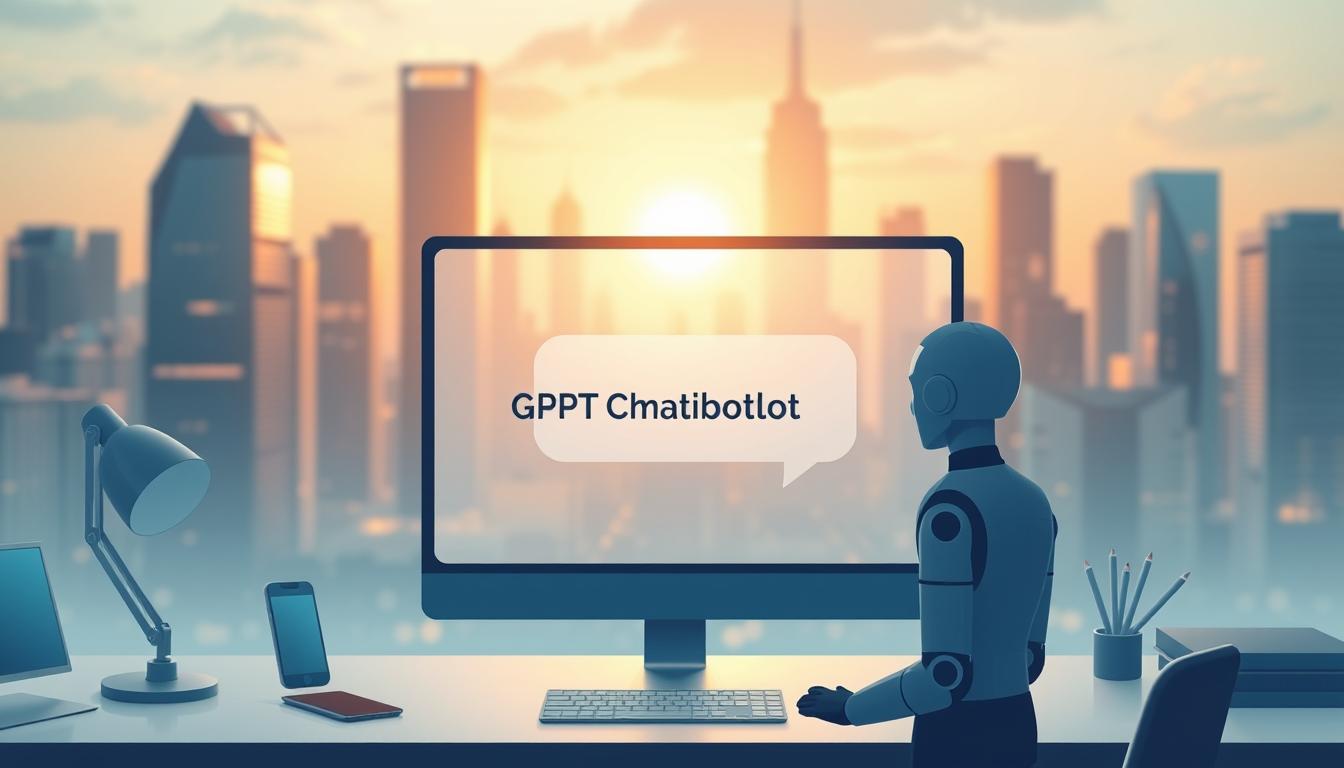
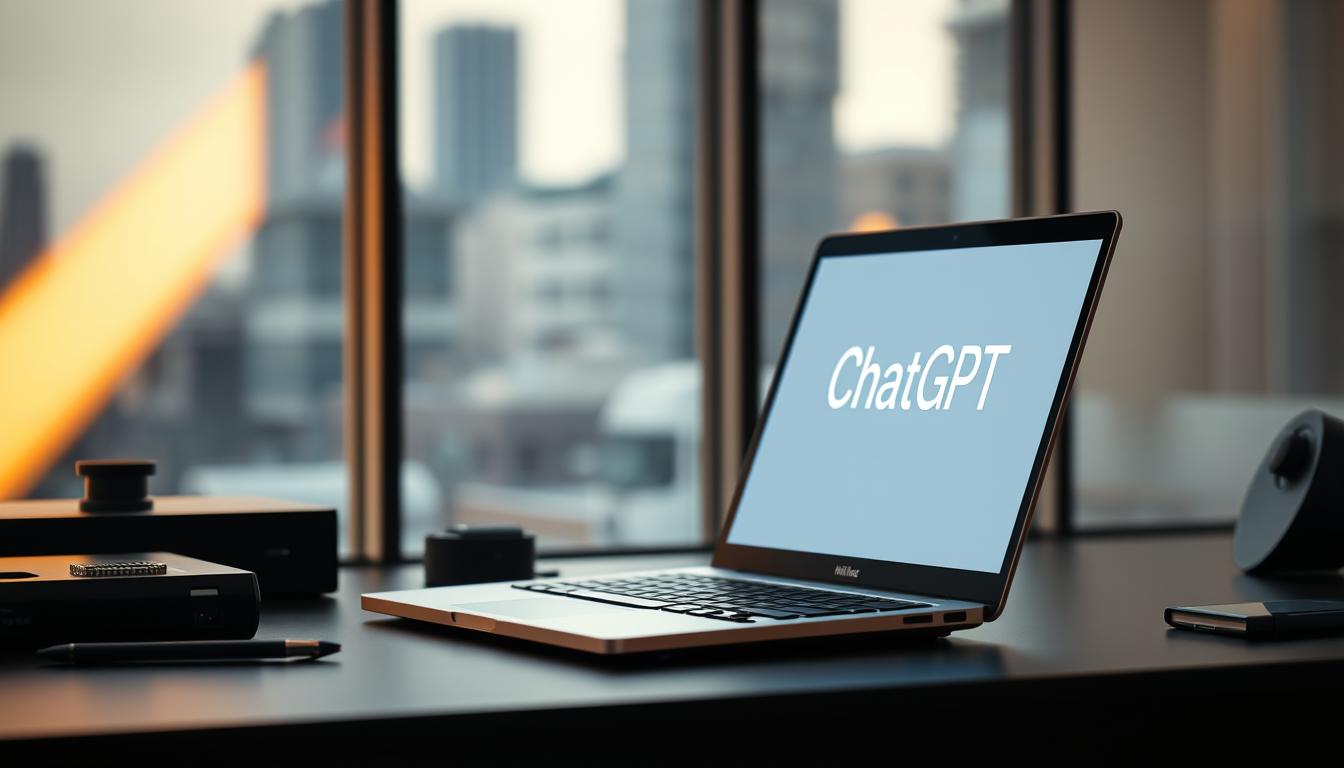

I love your blog.. very nice colors & theme. Did you create this website yourself? Plz reply back as I’m looking to create my own blog and would like to know wheere u got this from. thanks